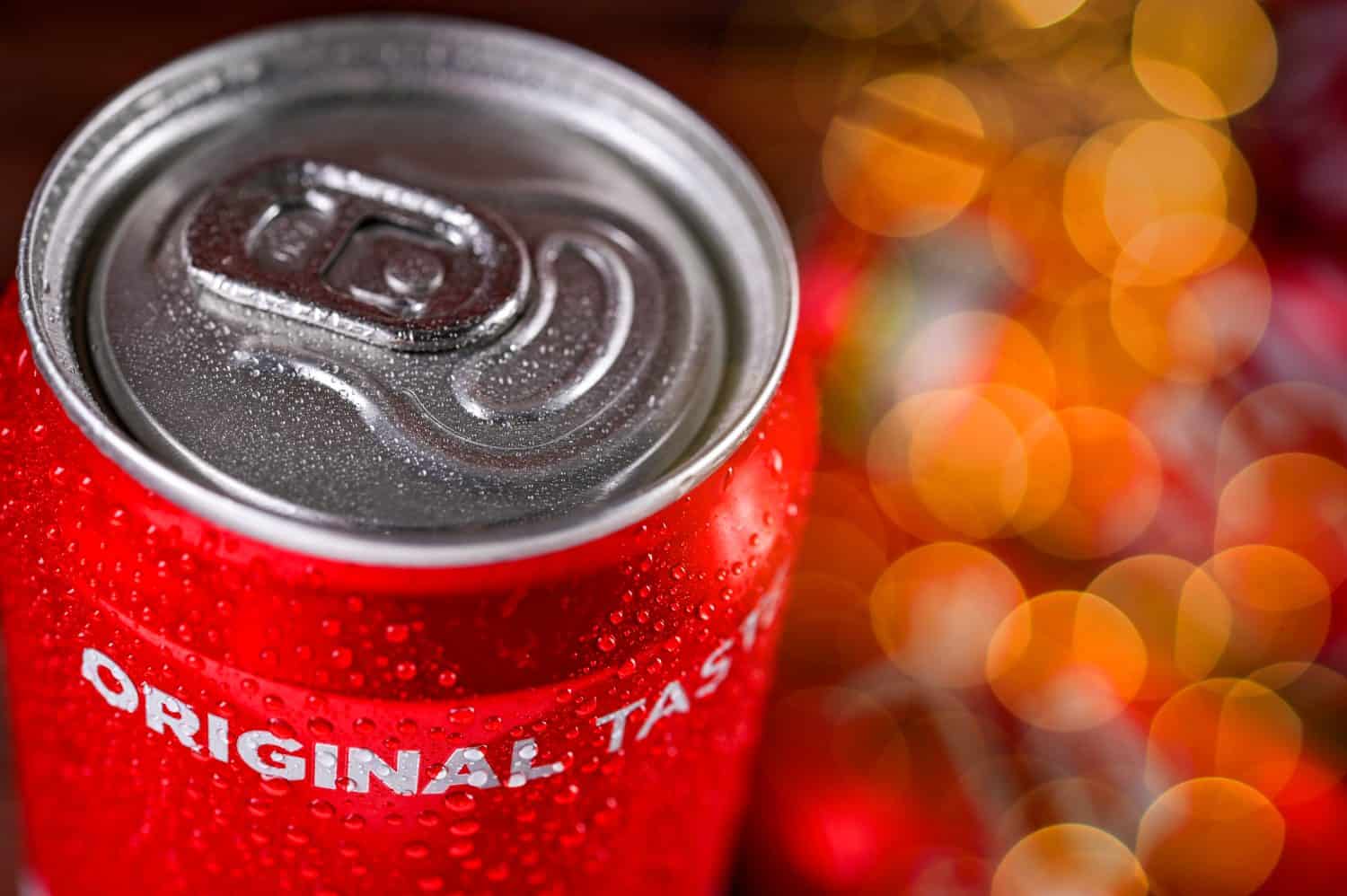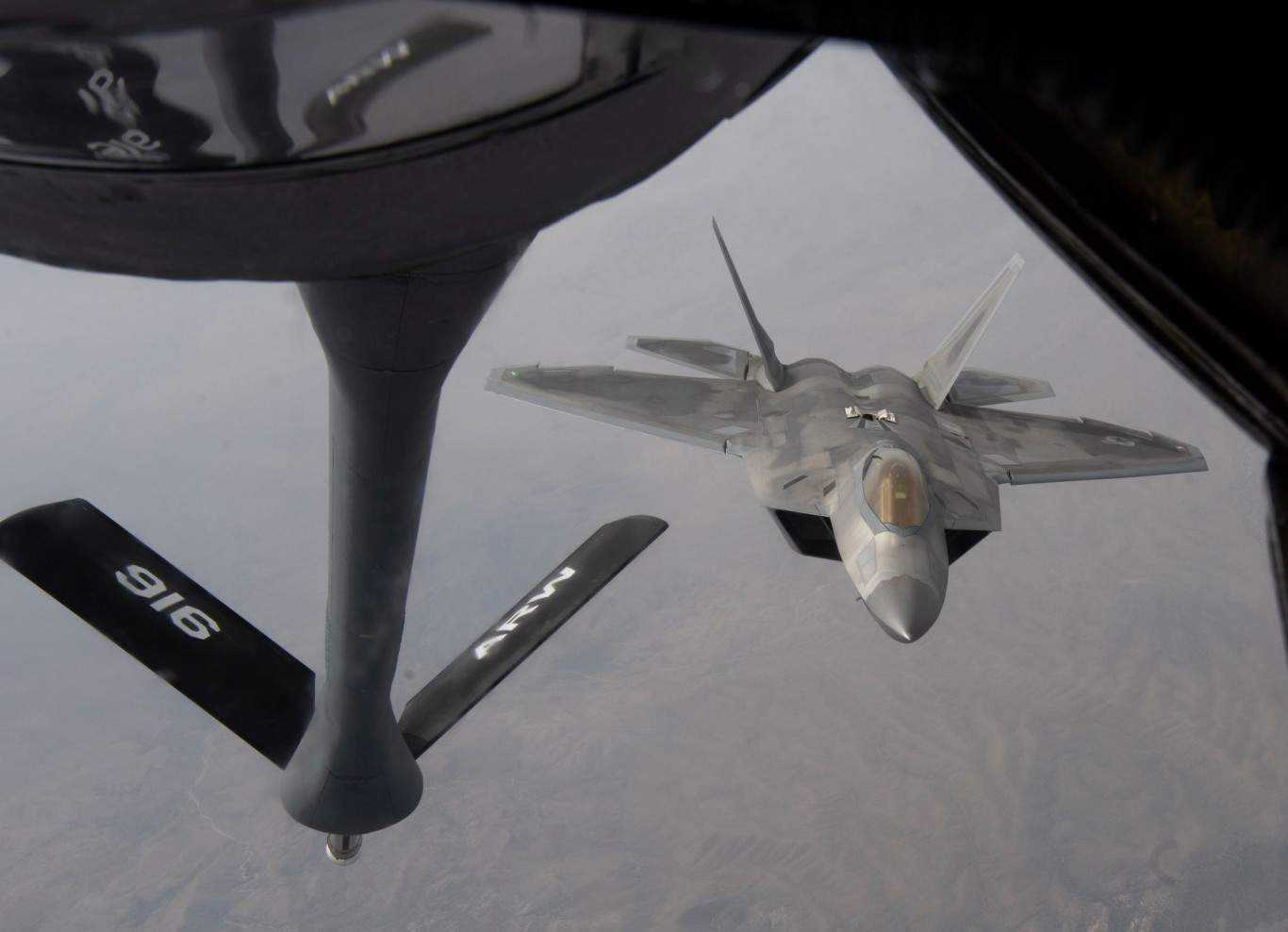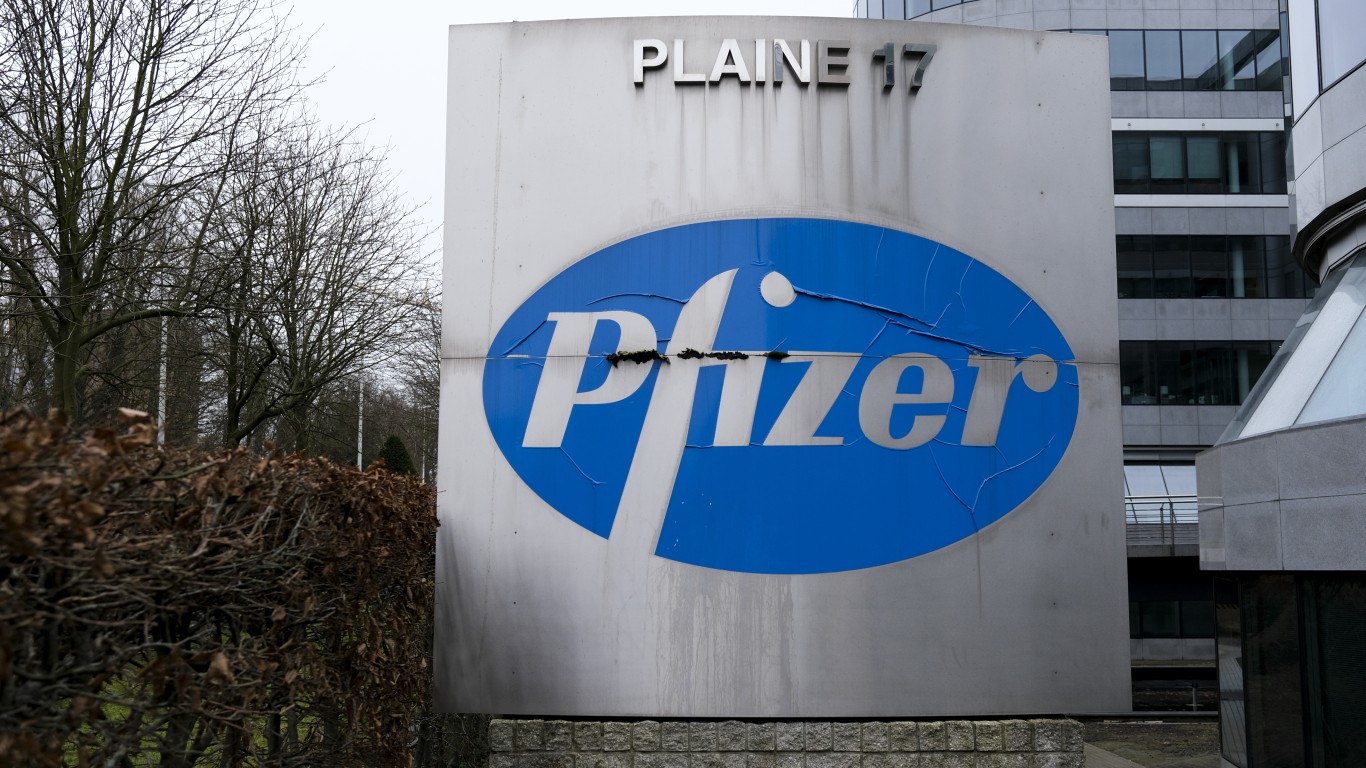Investing
Baby Boomers: 3 Top Defensive Stocks to Add in 2024 and Hold Through Retirement

Published:

Last year, the S&P 500 reached new highs despite geopolitical tensions and market pressures. Defensive stocks in sectors like technology, health, and food and beverage provided stable dividends and cash flows, making them attractive to long-term investors. Indeed, dividends play a significant role in stock market returns, and companies with solid payouts are often generating strong cash flow. That’s why I focus so much attention on dividend yields, while many in the market focus more on growth rates.
Yes, companies with market-beating growth rates tend to outperform during bull markets. But if we do see recessionary forces take hold at some point (it’s been quite a while since we’ve had a protracted recession), investors who hold a truly diversified portfolio with various blue-chip dividend-paying staples will thank themselves later.
Among the top stocks I’d consider potential cornerstone holdings for baby boomers nearing retirement are the following three companies. These are all companies that offer high free cash flow margins with solid growth potential and reliable dividends. Let’s dive in!

Coca-Cola (NYSE:KO) its the market leader in the carbonated beverage industry. The company’s vast logistics network ensures a truly global reach, high margins, and brand recognition which many believe is the company’s true durable competitive advantage that allows for impressive margins and capital return to shareholders year in and year out.
Indeed, there’s a reason why some of the greatest investors of all time like Warren Buffett continue to hold a significant stake in Coca-Cola. This is a world-class company with a business model that’s not likely to go out of style anytime soon. And that’s not to say Coca-Cola is sitting on its laurels as well – the company is leveraging its manufacturing and cost advantages to outpace smaller competitors in bringing health-conscious products to market as well.
Notably, the beverage giant offers an attractive 2.9% forward dividend yield to investors looking for steady and consistent income. This dividend is supported by its strong sales and predictable revenue, and should continue to grow over time. Currently, Coca-Cola’s payout ratio stands at just 68%, so there’s plenty of room for future hikes, particularly as the company’s EPS continues to grow over time.
This past quarter, Coca-Cola reported an important 1% margin increase, signaling the kind of pricing power this beverage giant has in the market. Despite a slight decline in unit case volume, Coca-Cola’s strong profitability remains unmatched in this sector, and I think this stock is a staple long-term investors want to buy when it’s cheap, hold for the long-term, and re-up on dips.

Northrop Grumman (NYSE:NOC) is a major defense contractor and a clear beneficiary of the terrible geopolitical situation we’re all facing globally right now. The company makes some of the most important military airplanes and ordinances, with a growing mission systems and space business that now accounts for more than half of the company’s total revenues (with high profit margins).
In this past quarter, the company secured $11.7 billion in new orders with a book-to-bill ratio of 1.2. This ratio indicates that strong future sales growth can be anticipated, and more importantly, this growth is taking place int he company’s most profitable divisions.
Northrop Grumman is expected to exceed $40 billion in revenue for the first time this year, while paying out a dividend yield of 1.6% to investors. The company has grown its dividend by around 7% per year for the past five years, and I’d anticipate similar growth on the horizon, given its EPS strength. So long as defense spending remains robust (and there’s every indication it will, given the ongoing strife in the global geopolitical theater), the sis a stock worth buying and holding for the long-term.

Pfizer (NYSE:PFE) remains a top mega-cap pharmaceutical stock I think is worth holding for the long-term. Now, the company’s recent stock price performance may indicate otherwise. But I do think there are reasons for optimism, despite the Covid-related vaccine tailwinds being long-gone.
The company’s recent Q3 results exceeded expectations, with strong sales from its Covid vaccine and Paxlovid boosting revenue. The company raised its 2024 outlook, forecasting adjusted earnings of $2.75–$2.95 per share and revenue of $61–$64 billion, up from previous projections. Despite these positive results, shares fell over 2% on October 29, as CEO Albert Bourla faces pressure from activist investor Starboard Value, which holds a $1 billion stake in the embattled drug maker.
Th company reported third-quarter net income of $4.47 billion, or 78 cents per share, reversing last year’s $2.38 billion loss. Excluding certain costs, earnings per share were $1.06. Revenue for the quarter hit $17.7 billion, up 31% year-over-year. This strong performance comes as Pfizer works to recover from the decline of its Covid business, with shares trading at about half their pandemic-era peak, giving the company a market cap of $163 billion.
In other news, Pfizer announced a $1 billion investment in China over the next five years to boost R&D for innovative drugs. At the 7th China International Import Expo, Pfizer China president Jean-Christophe Pointeau outlined the “Pfizer China 2030 Strategy,” focusing on accelerating innovation, improving diagnostics, and supporting local biotech. The strategy aligns with China’s “Healthy China 2030” initiative, aiming to introduce 60 new drugs and indications to the Chinese market by 2030. A new Beijing R&D facility will play a key role in Pfizer’s global drug development. If the company can perform well in global markets, as well as its core U.S. market, I do think there’s a strong likelihood this stock can at least deliver market-level returns for the next decade or two given its relatively attractive valuation.
Thank you for reading! Have some feedback for us?
Contact the 24/7 Wall St. editorial team.